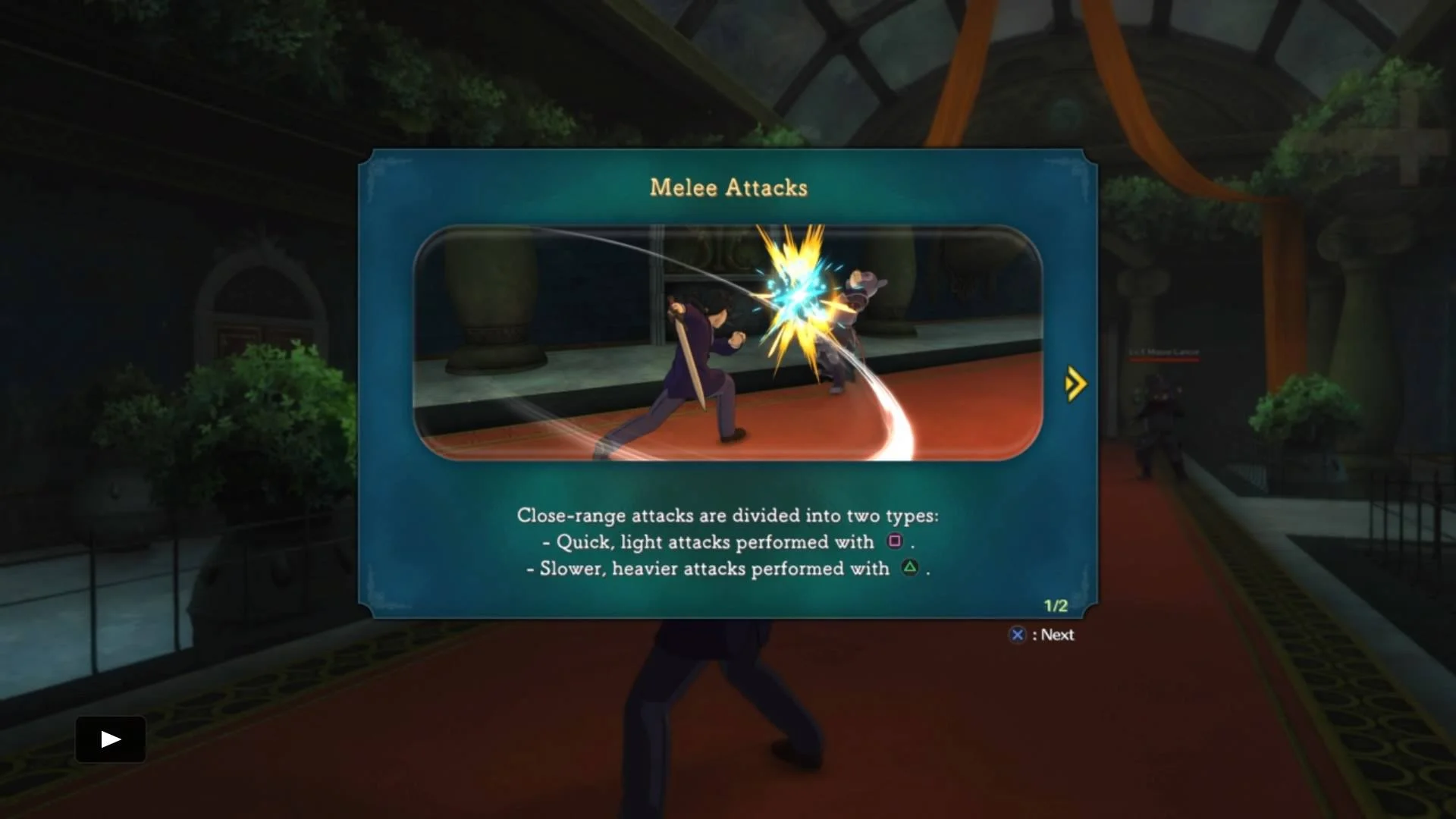Constructivism and Non-Linearity in Video Games
Constructivism is a theory of how people come to make sense of the world, develop knowledge, and has become the fundamental learning theory upon which many classrooms around the country are based.
One of the most charged and loaded theories in the world of research (especially in education) is "constructivism". If you are a teacher, researcher, or you are/were in a teacher preparation program, then at some point, you have come across this term (along with its major theorists Dewey, Piaget, Vygotsky and Bruner). In the most minimal sense of the word (lower those pitchforks...), constructivism is the idea that people develop and construct their own knowledge and understanding of the world through their experiences and a process of reflection. Fosnot (2013) has written a much more modern and comprehensive view of constructivism. It is a theory of how people come to make sense of the world, develop knowledge, and has come to be the fundamental learning theory upon which many classrooms around the country are based.
In the world of education, those "people" are students and those "experiences" are interactions with lessons and school curricula. Fundamental to learning are tasks in which students explore new material, ask questions, and reflect on past experiences to learn new information. So what does this look like in a school classroom? Three things you might see in a constructivist classroom include:
An inquiry-based approach to learning (the teacher is more of a guide or facilitator that asks specific questions to get students to think)
Collaborative learning (students are working together and/or asking one another questions)
Reflection (students reflect on the learning experience and prior knowledge to construct new information)
Stop! I know what you're thinking. How is any of this related to video games? Far-fetched stuff. No way, right? Way. Much like school classrooms, most video games have the player construct their own understanding and knowledge of the game through different experiences, challenges, and self-reflection. This is especially prevalent in open-world video games (such as Nintendo's The Legend of Zelda: Breath of the Wild (BOTW), CD Projekt Red's The Witcher 3: The Wild Hunt and Guerilla Games's Horizon Zero Dawn). In these games players traverse through enormous-sized game worlds, in which they enjoy numerous challenges and quests, and learn the ins and outs of these game environments as they play.
Players learn not to equip metal equipment in Zelda: Breath of the Wild
Self-reflection is usually followed by better choices or a different strategy, much like how students make better decisions after realizing a particular strategy isn't viable to solve a problem
You can think of these large game worlds and the challenges developers have created as the exploration that kids would undergo within a constructivist-based classroom. Collaboration can manifest itself in different forms, such as playing with a friend, asking a friend for advice, or better, asking questions on an online message board with hundreds of thousands of users around the globe whom may have already have the answer. Self-reflection is usually followed by better choices or a different strategy, much like how students make better decisions after realizing a particular strategy or way of thinking isn't viable to solve a problem. Still not convinced? The video below is a brief clip of a player learning the ropes of the game world in Zelda: BOTW, by the same guided exploration > self reflection > learned information process that students would undergo in a school classroom.
Additionally, because open-world games are also open-ended, players can have completely different experiences from one another although they are playing the same game. They can explore different areas and take on different challenges in any order they choose. The fact that these games are non-linear leads to many different players constructing their own knowledge about the game world due to their individual (although similar) experiences, so it's not so far-fetched that there are forums online where players collaborate and rely on one another for tips, tricks, and advice. Don't believe me? Check the image below.
Persona 5 gives players autonomy in how they'd like to spend their day after class.
It's not just open-world games. Even role-playing games (RPG's) such as Persona 5 give the player some autonomy in how they choose to play the game. In Persona 5, there are numerous friends you can choose to hang out with after class on a given day, and a variety of activities you can do with them (shopping, restaurants, movies, etc.), each shaping the game in a particular way as a result of the player's choice. It's important to note that this open-ended approach to learning and playing is not genre-specific, and can be found in many video games.
Interestingly, John Dewey was one of the major theorists of constructivism, in that he was not an advocate of rote memorization or students being "taught at" but rather, he expressed ideals (Dewey, 1916) that could easily be found within this same constructivist learning approach featured in so many modern video games. Specifically, the learning by reflection, making sense of one's experiences, and autonomy. Exploring these vast game worlds entails a ton of fun, including collaboration with friends, the opportunity to make new friends, mastery of game content, and a sense of accomplishment. Is there any reason why school curricula cannot be the same? I don't think so, but I'd love to hear what you think.





